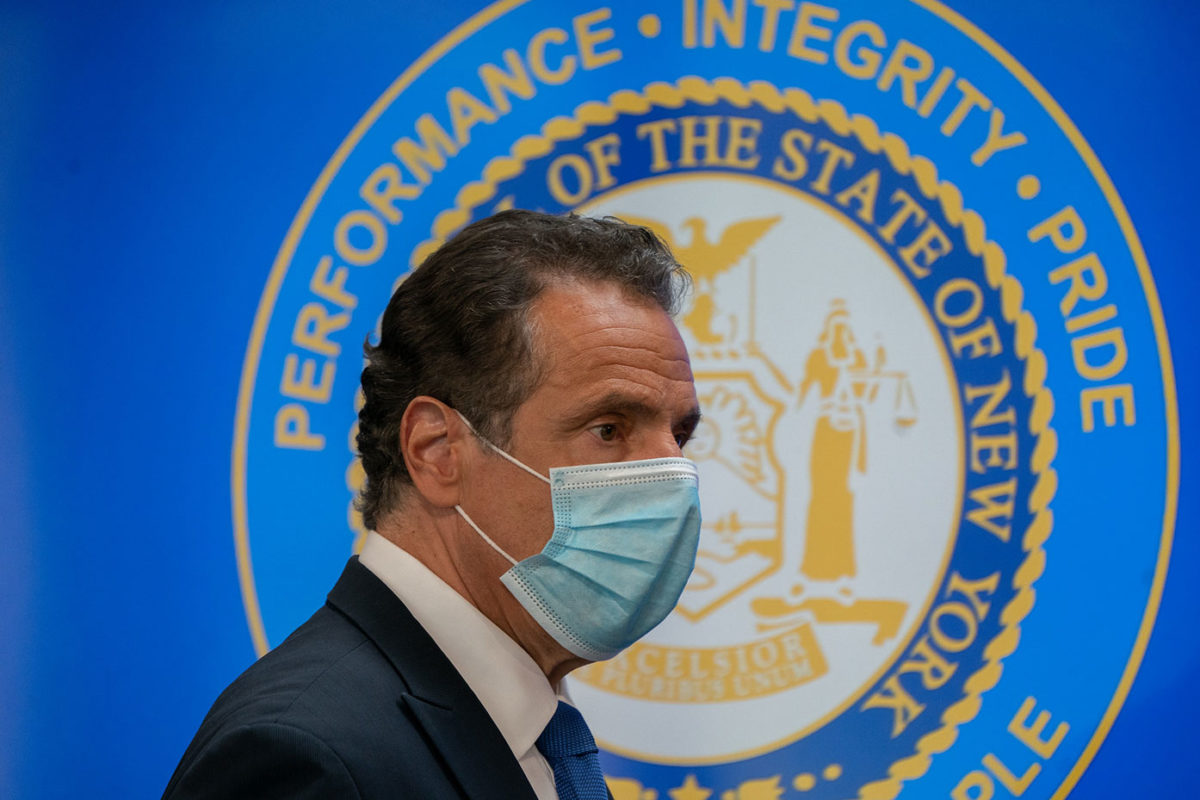The mandated limits on mobility outside of the home are having a deleterious impact on the mental health of many Americans, according to a new study released by QuoteWizard.
 The study, which defined “mobility” as the rate where people leave their home and travel for business or leisure, analyzed Google and Centers for Disease Control and Prevention data related to mobility factors during the Covid-19 pandemic.
The study, which defined “mobility” as the rate where people leave their home and travel for business or leisure, analyzed Google and Centers for Disease Control and Prevention data related to mobility factors during the Covid-19 pandemic.
In June, the study found 36.5% of adults reported experiencing symptoms of anxiety or depressive disorder, compared with 11% in the same period in 2019. Millennials are having a harder time adapting to a decrease in mobility, with that youthful demographic experiencing a 20% increase in anxiety from April to July.
The study also found that one-third of American adults are voluntarily choosing to stay at home compared with pre-pandemic rates. Some of this activity can be attributed to a lack of places to visit: retail and recreation activities have dropped by 9% since the pandemic began.
Among the states, QuoteWizard found California, Hawaii and Arizona to be the least mobile states due to pandemic-related restrictions. New York ranked fourth, with a New York with a 21% decrease in retail and recreation activities and 34% of its adult population moored at home. Connecticut ranked 12th, with a 10% decline in retail and recreation activities and 33% of its adult population not venturing outside.























retail and recreation activities have dropped by 9% since the pandemic began.
this cant possibly be right